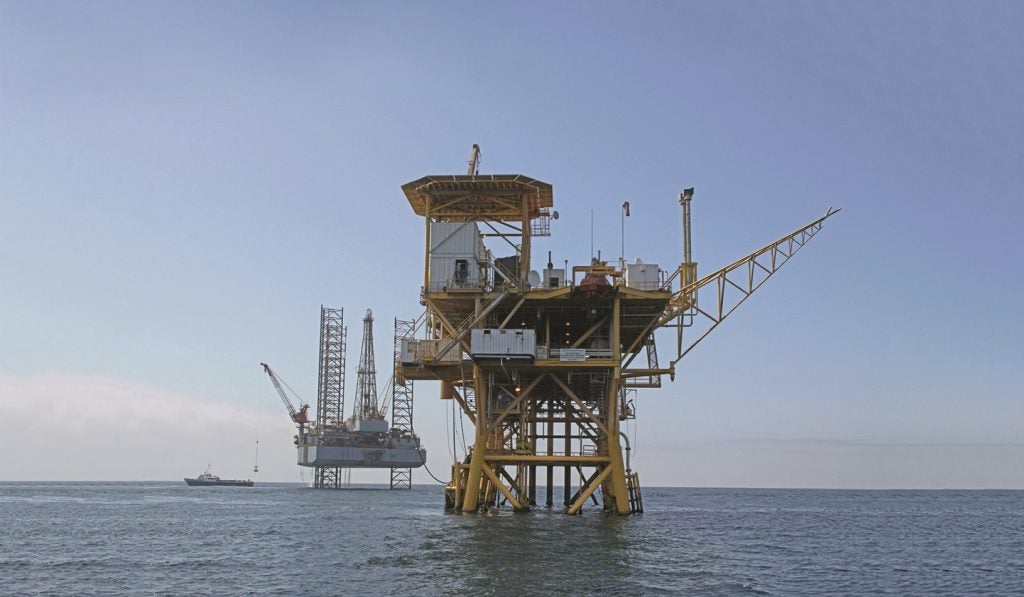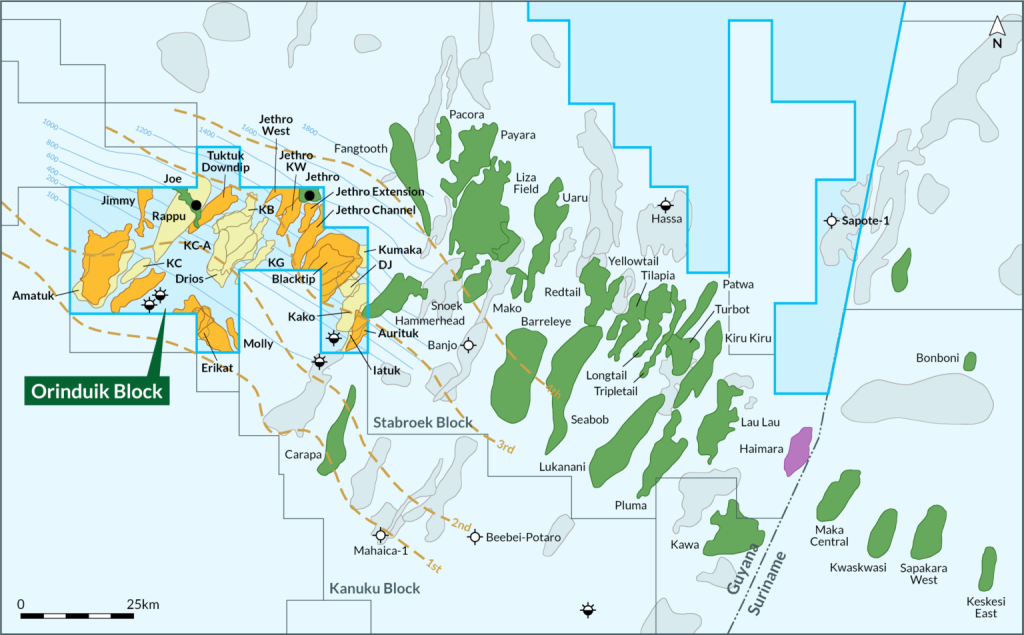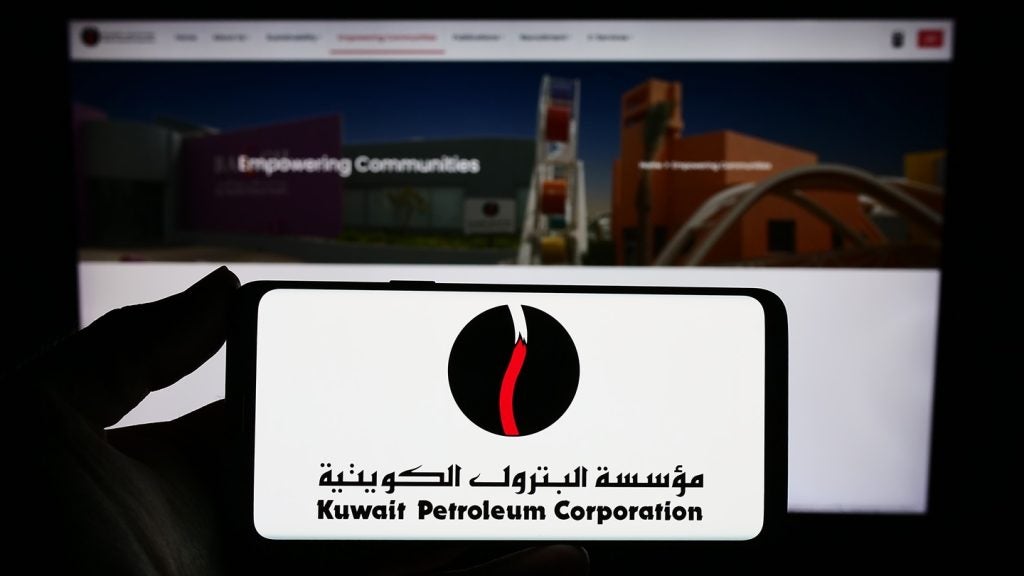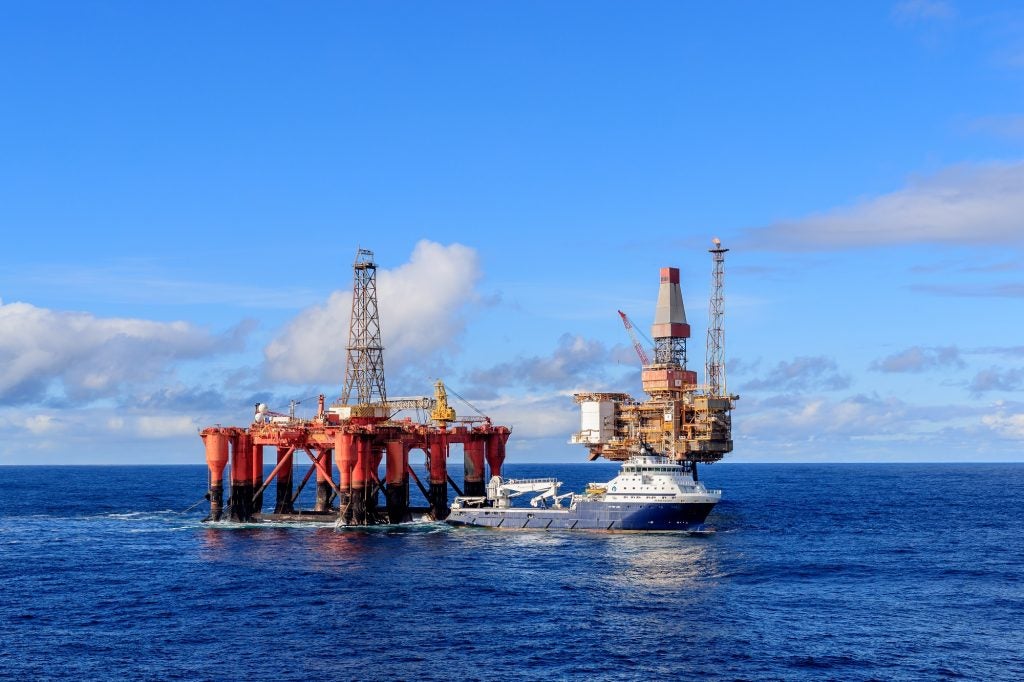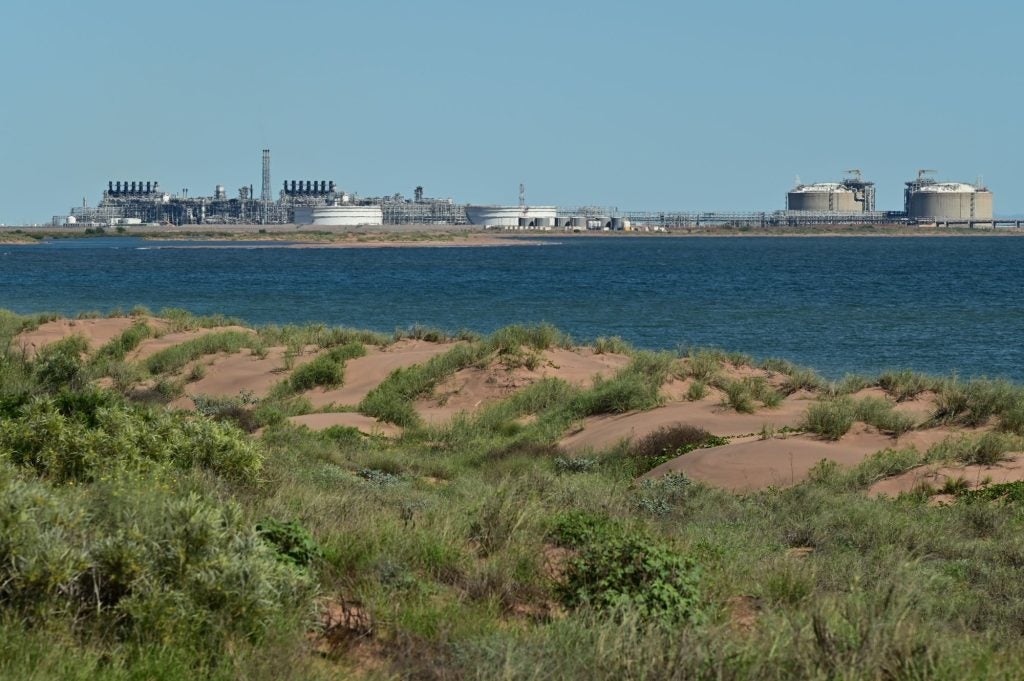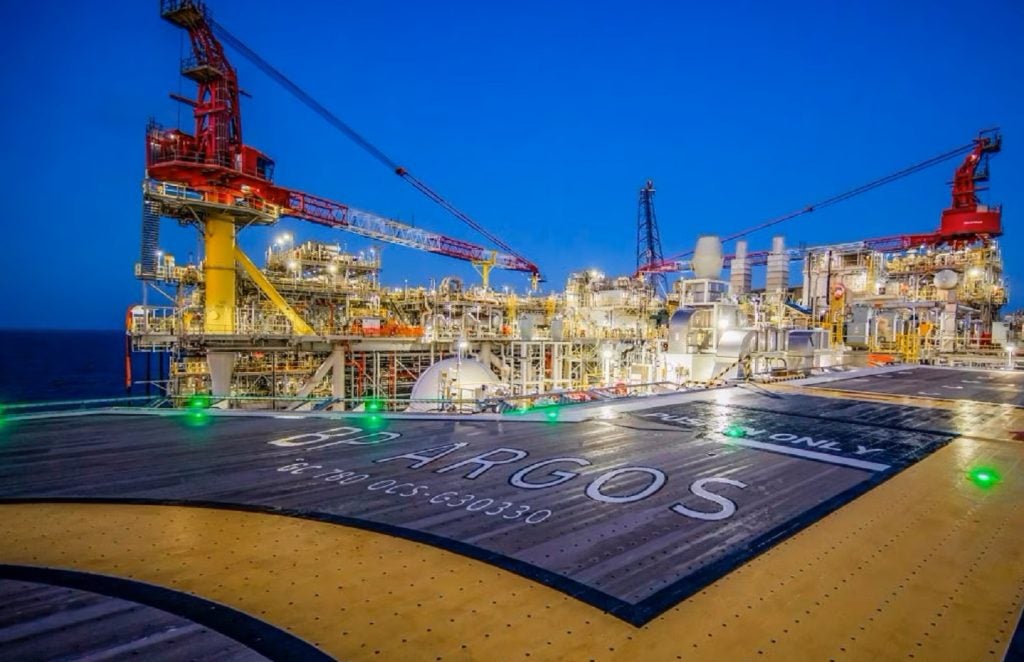Ecuadorean state oil company Petroecuador is seeking bids to attract investment of more than $173m to expand the production capacity of the Amistad offshore gas field.
As part of this plan, the company has launched the contracting process for specific integrated services with financing within Block 6, Campo Amistad, located in the province of El Oro.
The government, which is expected to sign a contract in the first weeks of November 2023, will provide access to the field’s technical data for interested companies until 18 August.
Under the 15-year contract, the selected parties will be responsible for drilling new wells, overhauling existing wells and building new facilities.
EP Petroecuador general manager Ramón Correa Vivanco said that the gas production from Campo Amistad can be increased through private investment while complying with what is established by current legal regulations.
Vivanco said: “The Ecuadorian State will guarantee responsible management of this project, in addition to legal security for investors. It is important to point out that the increase in the production of Campo Amistad will allow us to satisfy part of the demand for natural gas that Ecuador currently has.”
Located in the Gulf of Guayaquil, the Amistad Field currently has a production capacity of 21 million cubic feet per day (mcfd).
As per the estimates, the field has certified proven plus probable reserves of 167.3 trillion cubic feet (tcf) of natural gas and prospective resources of 241tcf.
Last year, Reuters reported that Petroecuador intends to increase the field’s natural gas production to 24mcfd.


